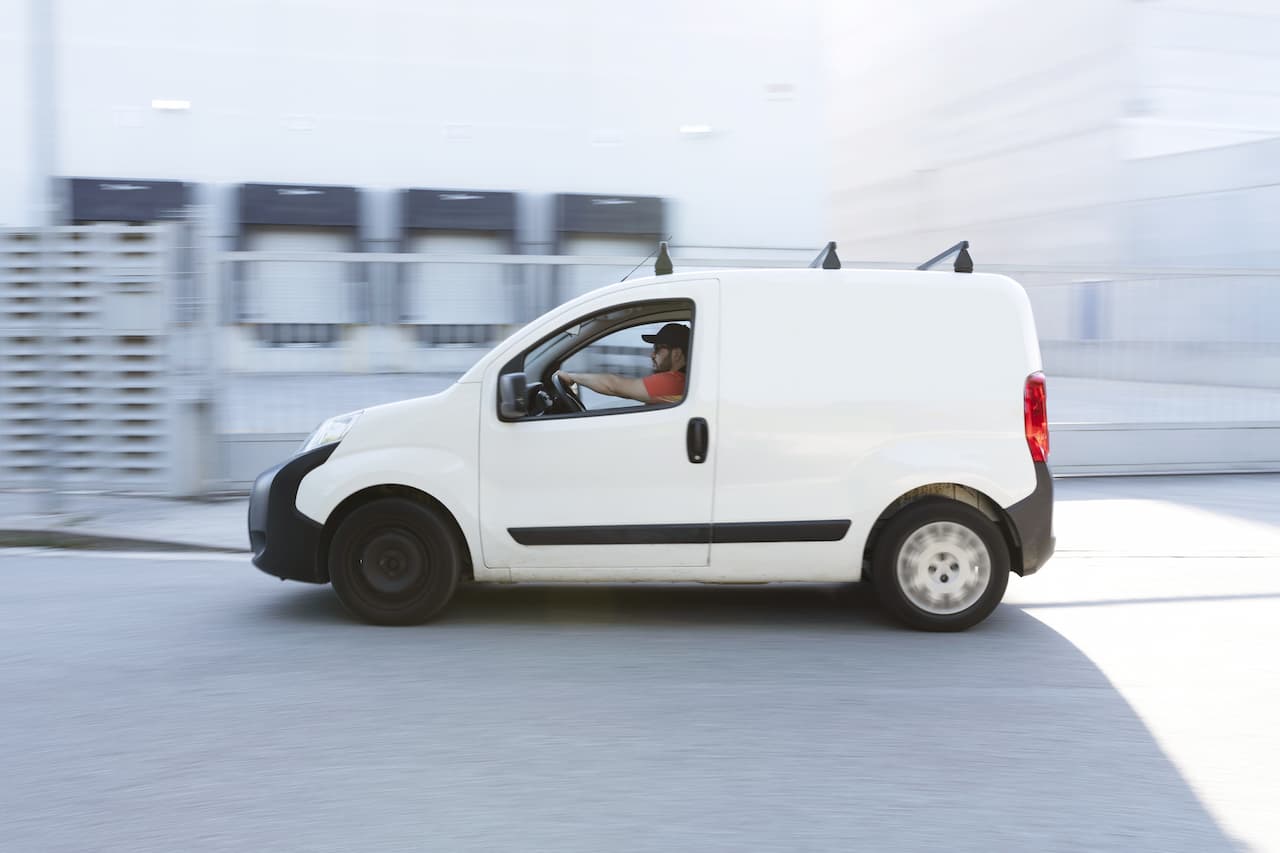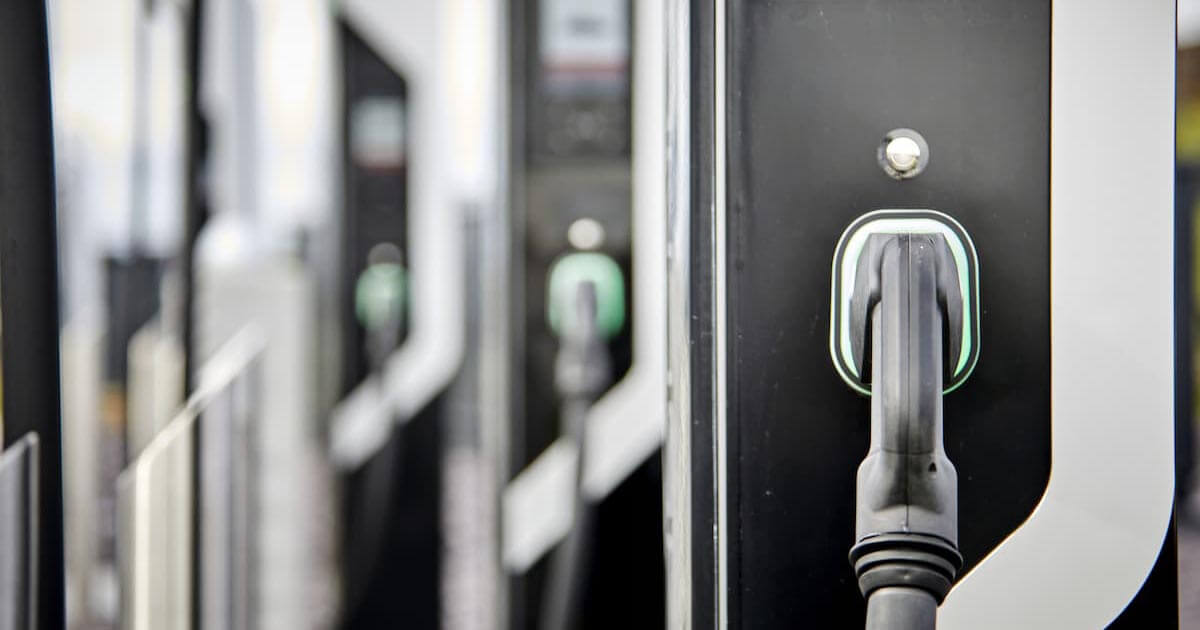Add an ignition shield
Talk to your dealership about adding an ignition shield to your vehicle. The shield works through access to the back of the dashboard and bolting a piece of metal around your vehicles ignition. This will create a strong barrier for your ignition so that thieves will find it more difficult to access and create a new code for your keyless vehicle. Talk to garages in your local area to see if this is something that they can arrange for you.
Consider adding an immobiliser
Section 8 of the 1996 Motor Vehicles (Approval) Regulations outlined that all new cars sold in the UK must have an immobiliser, so whilst it is likely that your vehicle will have an immobiliser, there are additional immobilising safety devices that you can fit.
Consider a pedal box, a simple device which encloses your accelerator, brake and clutch in a locked box to prevent a thief being able to drive whilst the box is in place.
You could also consider a digital immobiliser for your vehicles which require a short code to be entered before the ignition can start or the wheel can be used. This means that even if a thief can get into your vehicle, they won’t be able to get it going.
Add extra locks and alarms
Again, whilst it likely that you will already have an alarm, additional systems could deter a thief, or at least disrupt them.
Additional locks can also be an extra line of defence, which could even alert members of the public that something is not right with the person accessing the vehicle.
Install tracking devices
Should the worst happen, and someone make off with your vehicle, you can increase the chances of locating it, and the thieves, by installing a tracking device so that you and the Police can follow the movements of the vehicle and find where it may have ended up.
Whilst you may still have repair costs for any damage to your vehicle, you may have saved some money by not having to pay for the replacement costs, which will be substantially higher.
















